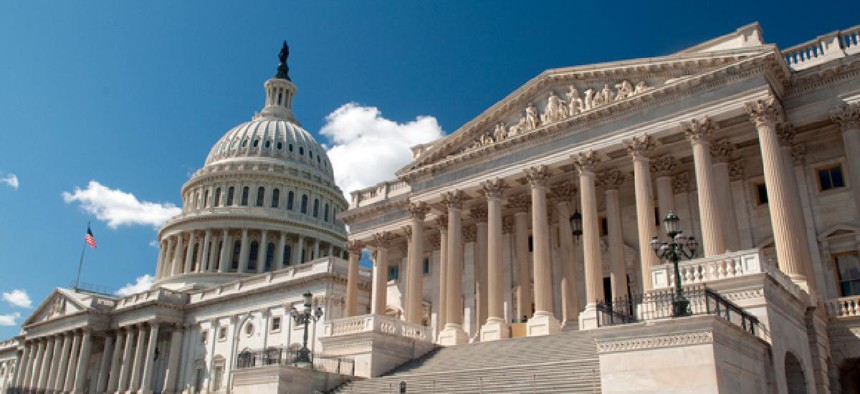FISA passes: Warrantless wiretapping will live on

Thinkstock
The controversial legislation will be sent to President Obama's desk for signature.
In a move sure to upset privacy advocates across the country, and perhaps spark action from the Supreme Court, the Senate on Friday morning passed the Foreign Intelligence Surveillance Act (FISA) by a vote of 73-23 and will send it to President Obama's desk for signature. FISA allows the government to tap any conversation involving U.S. citizens without previously obtaining a warrant, as long as officials suspect those talks involve at least one person located outside of the United States. The bill passed the House in September, led to contentious arguments on the Senate floor this week, and extends a modern debate thatbecame especially heated in the Bush era as the National Security Agency extended its powers without court regulation. Wired's David Kravets explains the details of the latest legislation:
The FISA Amendments Act generally requires the Foreign Intelligence Surveillance Act Court, a secret tribunal set up in the wake of President Richard M. Nixon-era eavesdropping, to rubber-stamp terror-related electronic surveillance requests. The government does not have to identify the target or facility to be monitored. It can begin surveillance a week before making the request, and the surveillance can continue during the appeals process if, in a rare case, the secret FISA court rejects the surveillance application.
NEXT STORY: VA’s disability claims backlog tops 900,000





